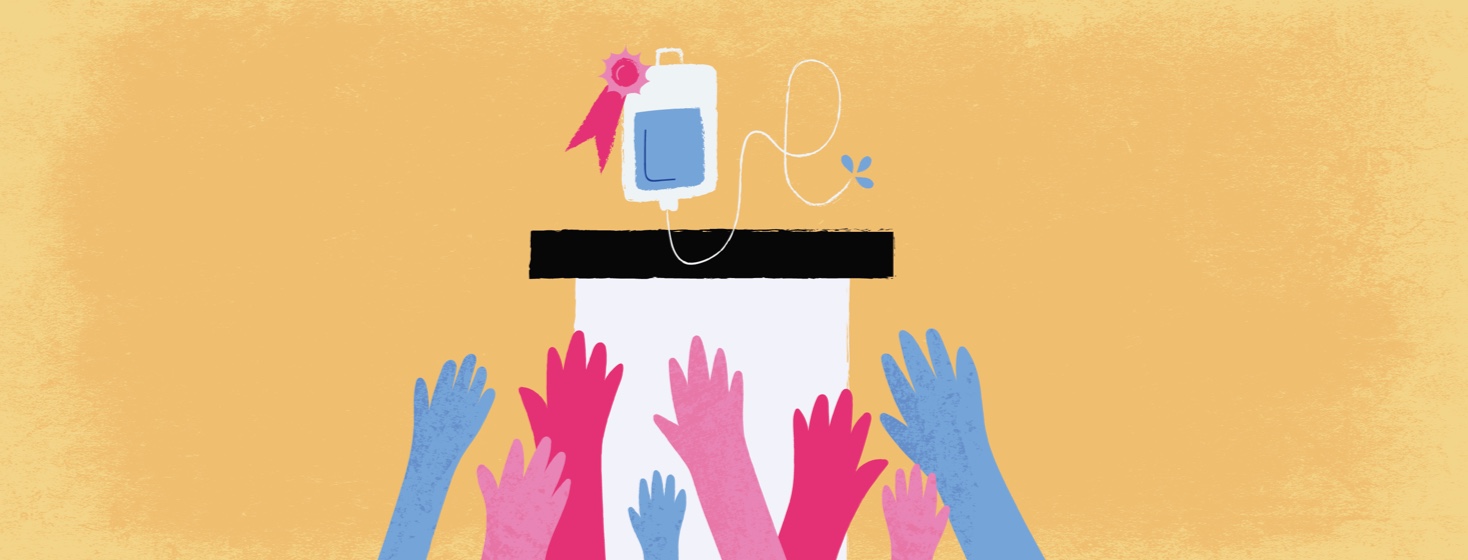Understanding the BCG Shortage
For some time now, there has been a shortage of Bacille Calmette-Guerin (BCG). It is a drug that doctors prescribe to treat bladder cancer in its early stages. People with bladder cancer receive the drug with the help of a catheter passed into the bladder. BCG causes your immune system to hold back cancer cell growth.1
Understanding the cause of the shortage and how you may be affected can help you better navigate this issue.
Why is BCG in short supply?
Right now, there is a shortage of this critical drug, which experts predict will continue for a while. There are efforts in place to curb ongoing supply issues.
The drug company Merck has unveiled plans to construct a BCG manufacturing plant in Durham, North Carolina. It will likely be up and running by 2026 or 2027. With the new plant in place, the expected output of BCG will triple compared to current manufacturing figures.2
The BCG shortage started in 2011 when the US Food and Drug Administration (FDA) suspended BCG manufacturing at the Sanofi Pasteur plant in Toronto over health and safety issues. An inspection unearthed mold in the production area due to earlier floods. In 2017, Sanofi Pasteur stopped making BCG for good.2
Another reason for the shortage: the process of making BCG is complicated. It is a slow-growing bacteria and must remain sterile. And, since there is no patent on BCG, drug companies do not earn much profit from making and selling it.2
An irregular hospital distribution schedule has only worsened the supply shortage. A hospital that receives BCG one month is not guaranteed to receive it the next.2
What is the impact of the BCG shortage?
BCG is the main immunotherapy for early-stage bladder cancer and works well to stop cancer from coming back. Doctors usually prescribe the drug after surgery to remove cancer.3
BCG works by slowing down the growth of tumors, which lowers your chance of needing your bladder removed (cystectomy) in the future. Research also shows BCG is the most effective therapy for bladder cancer. One study found that 46.7 percent of people with bladder cancer who took BCG stayed cancer-free for nearly 4 years.3,2
How should doctors prescribe BCG during a shortage?
Until the BCG shortage is resolved, doctors and people living with bladder cancer will have to find ways of adapting. The American Urological Association (AUA) has proposed suggestions for how doctors should prescribe BCG when there are supply issues. The group recommends:1
- When possible, people with high-risk forms of bladder cancer should receive full doses of BCG. If there is a shortage, this group should receive either half- or third- doses.
- People with low-risk bladder cancer or those in the maintenance phase of the disease should not use BCG.
What are alternatives to BCG?
While we wait for a larger supply of BCG, the AUA recommends doctors prescribe other drugs as alternatives for treating bladder cancer. They include:1
- Mitosol® (mitomycin)
- Valstar® (valrubicin)
- Gemzar® (gemcitabine)
- Taxotere® (docetaxel)
- Ellence® (epirubicin)
Doctors use these drugs to treat bladder and other forms of cancer.
If you take BCG and are concerned about the drug shortage, talk to your doctor. They can offer guidance on adjusting your dosage or finding an alternative treatment.

Join the conversation